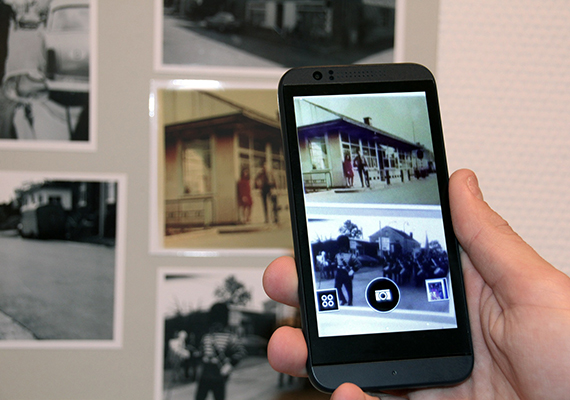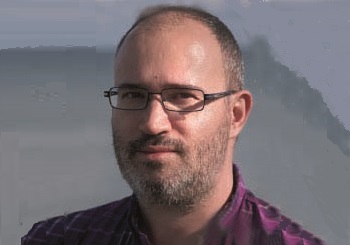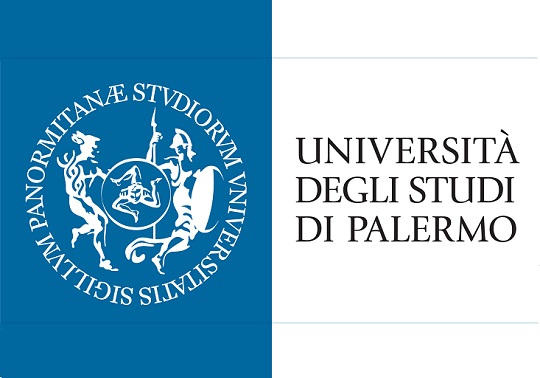
The firm Feedback Cultural has signed an agreement with University of Valencia's General Foundation to design a free audio guide that will facilitate the accessibility of visually impaired people in a La Nau exhibition.
9 june 2016
Feedback Cultural will develop an audio guide for the “Yturralde. Cartografías de lo sublime” (“Yturralde. Cartography of the Sublime”) exhibition, organised by Universitat de València Vice-Principal's Office for Culture and Equality and with the support of the Martínez Guerricabeitia Collection. A detailed description of his works, his historical context and artist information can be found on the app, among other content.
The audio guide is a part of the company’s Accesible Culture project. The company has designed a free app for Android and iOS smartphones allowing to download diverse content from museums, exhibitions or other culturales centres, at no cost either.
This project expects to expand along the entire Valencian Community's cultural network, with the purpose of encouraging the cultural inclusion of all disabled people. Besides the projects for visually impaired people, it will also develop videos and other content for those with hearing impairment.
Nadine Schmid, a student from the Master’s Degree in Creative and Humanistic Translation with total blindness has been hired to check the audio descriptions in this project. All contents from this project are published in Valencian, Spanish and English.
The Master’s Degree in Creative and Humanistic Translation has, in its programme, a subject related to accessibility. Professor Nuria Sanmartín, teacher of this subject, collaborates with Feedback Cultural through her company Interpunct Translations.
The emergence of smartphones and other recent technology has opened the gates to many other innovative projecta on the issue of accesibility. For example, Museo del Prado organised last year a special exhibition for blind visitors, in which they could appreciate different artistic works by touching them. It was a pioneer experience for the accessibility of art.
Furthermore, Indian researchers have recently developed a braille-English translation prototype for smartphones, that works through a sensorial glove.

.jpg)








